EPSC Abstracts
Vol. 16, EPSC2022-1181, 2022, updated on 28 Aug 2024
https://doi.org/10.5194/epsc2022-1181
Europlanet Science Congress 2022
© Author(s) 2024. This work is distributed under the Creative Commons Attribution 4.0 License.
Quantifying the impact of stellar activity on transmission spectroscopy for F,G and K type host-stars
- Observatoire de Genève, University of Geneva, Switzerland (hritam.chakraborty@unige.ch)
Transmission spectroscopy remains one of the most powerful tools to infer the atmospheric properties of planets transiting a host star. This technique has resulted in robust detections of different chemical species like Na, K, TiO, H2O, CH4, etc on planets hosted by stars of different spectral types. However, the technique is prone to making errors in the case of planets orbiting active stars. Inhomogeneities on the stellar photospheres in the form of cool(spots) and hot regions(faculae) can distort the measurement of transit depth of a planet as they are often based on the assumption that the planet is transiting a homogenous point source. The presence of spots create a rise in transit depth at lower wavelengths which can be misinterpreted as an atmospheric signal associated with Rayleigh scattering. Moreover, it can also affect the detection of atomic species like sodium and potassium in the visible regime. The impact is especially strong in case of planets orbiting cool stars of spectral types F, G, K and M.
We will present a quantitative analysis of the contamination effect of spots on the measurement of transmission spectra in the visible regime between 3000-10000 A for F, G and K-type stars. To measure this, we developed a customisable tool to model the spotted stellar photospheres using a pixelation approach. This also allows for the inclusion of limb-darkening and rotational broadening effects. The models indicate that the deviation on measurement of transit depth can vary from few PPM’s for F-type stars to hundreds of PPM’s for K-type stars.
How to cite: Chakraborty, H. and Lendl, M.: Quantifying the impact of stellar activity on transmission spectroscopy for F,G and K type host-stars, Europlanet Science Congress 2022, Granada, Spain, 18–23 Sep 2022, EPSC2022-1181, https://doi.org/10.5194/epsc2022-1181, 2022.
Discussion
to access the discussion

